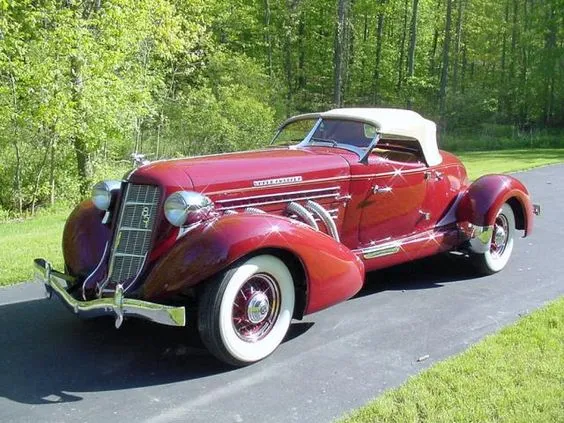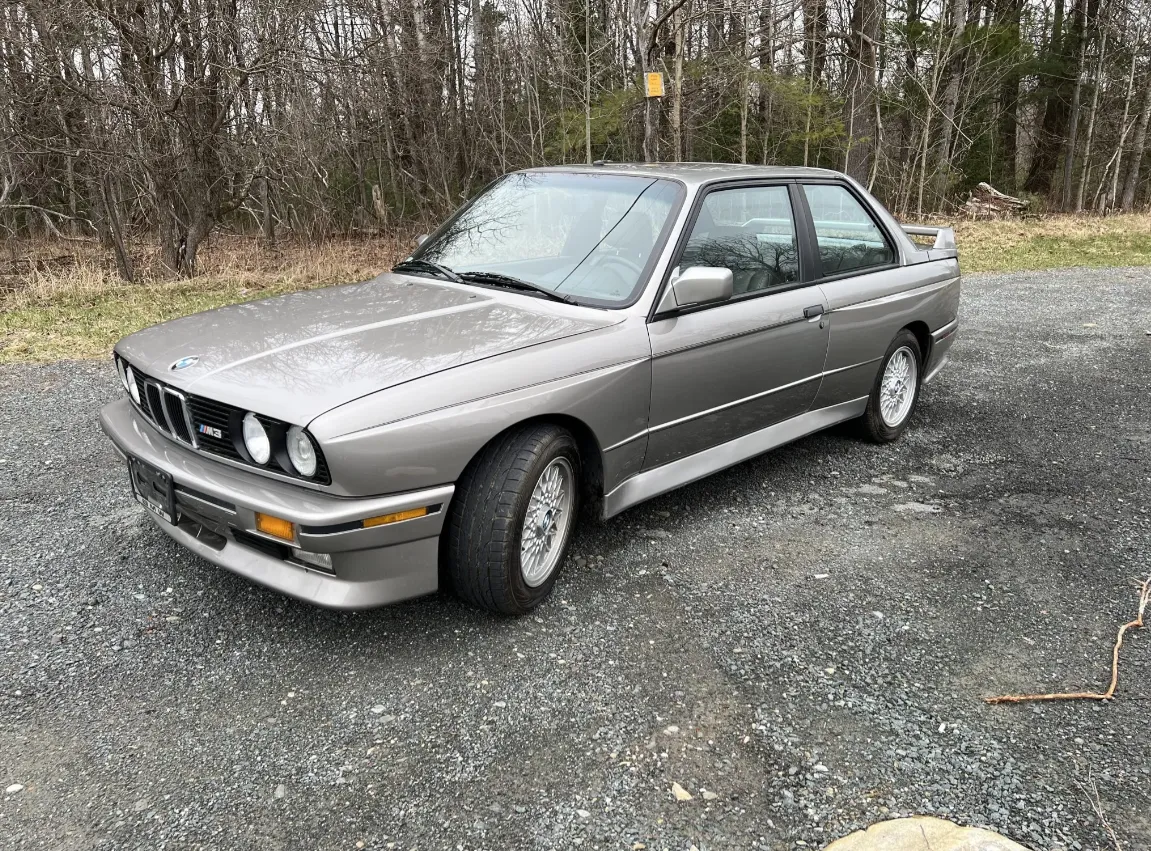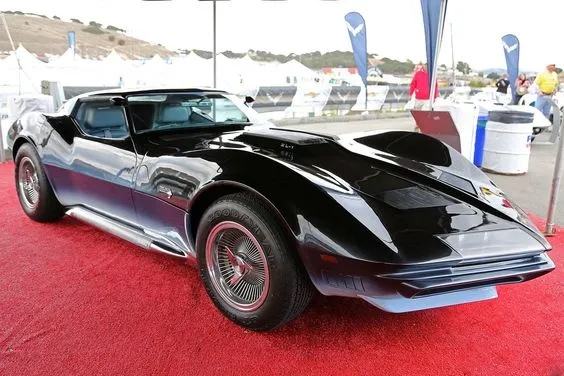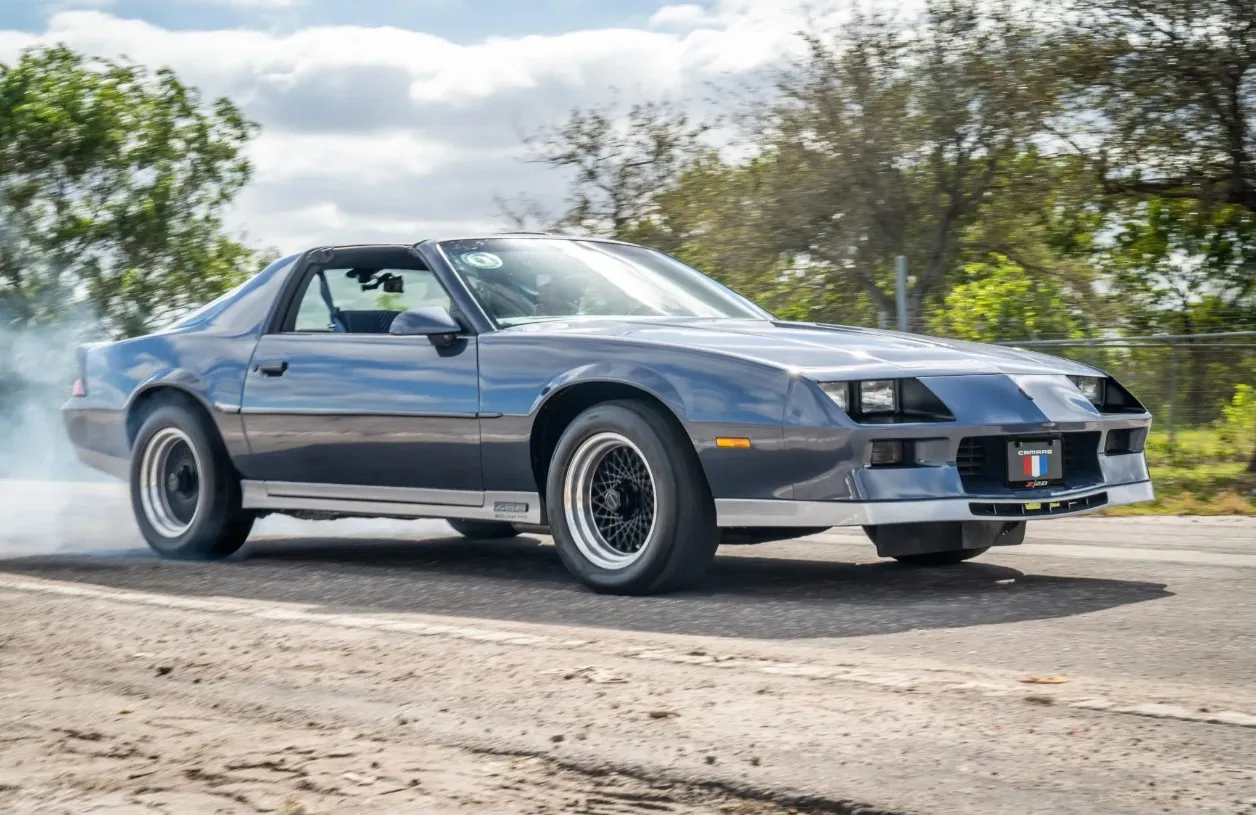The 1960 Ford Edsel stands as a poignant symbol in the annals of automotive history, representing one of the most notable commercial failures in the American auto industry.

Introduced by the Ford Motor Company, the Edsel was intended to fill the gap between the Ford and Mercury brands, targeting the mid-range market segment. However, the 1960 model, which marked the final production year for the Edsel, epitomized the culmination of miscalculations, market misreading, and unfortunate timing.

The story of the Edsel began with much fanfare and anticipation. Named after Edsel Ford, the son of Henry Ford, the brand was heavily marketed before its release, building significant public curiosity and expectations.

Ford invested around $400 million into the development and marketing of the Edsel, expecting it to revolutionize the market. However, when the first models were released in 1958, they were met with lukewarm reception due to various factors, including unconventional styling, perceived quality issues, and a recession that dampened consumer spending.

By the time the 1960 Edsel models rolled out, the writing was already on the wall. The 1960 Edsel was offered in only one body style, the Ranger, and in two models: the hardtop coupe and the sedan. This drastic reduction in options compared to previous years underscored Ford's dwindling faith in the brand. In terms of design, the 1960 Edsel was more conventional and toned down than its predecessors, shedding the controversial "horse collar" grille in favor of a more conservative front-end design that borrowed heavily from the Ford Fairlane.

Mechanically, the 1960 Edsel shared much of its underpinnings with other Ford models, featuring a 292 cubic inch V8 engine as standard, with an optional 352 cubic inch V8. Despite these updates and simplifications, the Edsel could not shake off its tarnished reputation. Sales continued to languish, and only about 2,846 units of the 1960 Edsel were produced before Ford decided to pull the plug on the brand in November 1959, a few months into the model year.

The demise of the Edsel was a sobering lesson for Ford and the broader auto industry. It highlighted the dangers of overhyping a product, the importance of market research, and the impact of external economic factors on consumer behavior. The Edsel name became synonymous with failure, and it took years for Ford to recover from the financial and reputational hit.

Today, the 1960 Ford Edsel holds a certain nostalgic charm and has garnered a cult following among classic car enthusiasts. Its rarity, given the limited production run, adds to its allure for collectors.

While it may not have achieved commercial success, the 1960 Edsel's story continues to fascinate, serving as a cautionary tale and a reminder of the complexities and risks inherent in the automotive industry.



